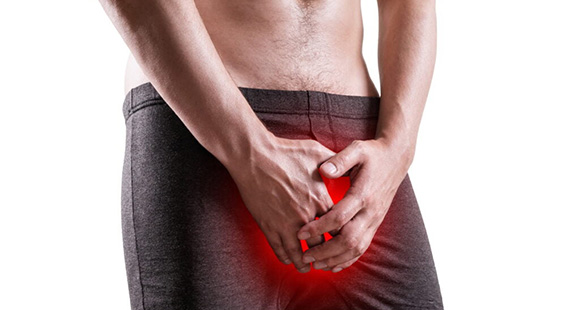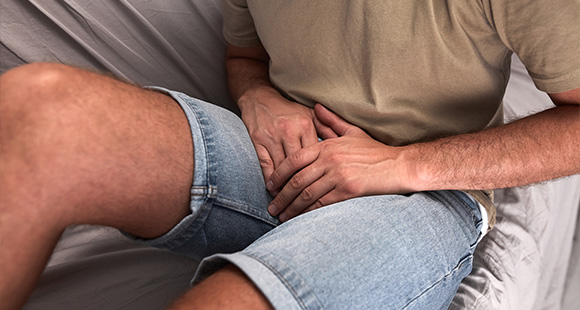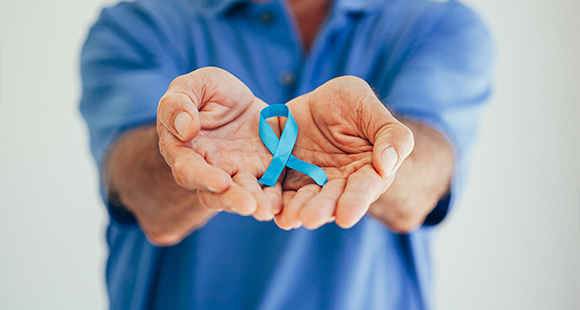
Peyronie's Disease After Injury
Have you recently experienced an injury to your genital area that has changed its shape? If so, you may be dealing with Peyronie's disease. Don't worry—effective treatment options are available to help manage this condition.
Find out more how MansMatters can help you
Contact us for a complimentary 20-minute consultation with our men's health specialists.
Arrange a Free Telephone Consultation
Book a Treatment
Receive More Information & Our Explainer Video

Understanding the Link Between Injuries and Peyronie's Disease
A small injury to the genital area can potentially lead to Peyronie's disease in men, though many may not realise they have been injured at all.
Injuries, such as being struck by an object or having an accident while caring for a child at a playground, may seem minor at the time but can lead to more serious health issues, particularly for those who feel uncomfortable seeking medical advice.


Peyronie's Disease and the Role of Injury During Sexual Activity"
As men age, the ability to achieve an erection can decline, partly due to changes in blood flow. Our body's ability to direct blood into the genital area becomes less efficient as blood vessels lose their effectiveness, which can contribute to conditions like Peyronie's disease. Injury during intimate activity may also increase the risk of developing Peyronie's disease, particularly in middle-aged and older men.
As men age, they may experience a decline in rigidity, which can increase the risk of accidental injury during intimate activity. This injury can lead to internal trauma, with small amounts of bleeding and damage to tissue, potentially contributing to the development of Peyronie's disease.
While this is a sensitive topic, it is important for men to have open discussions with their partners. There are measures that can help reduce the risk of injury and the onset of Peyronie's disease. For men who have received treatment for Peyronie's disease, such as focused shockwave therapy, it's essential to take steps to prevent recurrence.

Watch the video below to learn more about Peyronie's disease after injury, and then continue reading for advice on managing recurring injury to the genital area.
Avoiding Recurrent Injury to the Genital Area
- Speak with your partner so they are aware of the risk and be a little less free spirited.
- Consider using medications like Blue Pills, which can help manage erectile function and potentially reduce the risk of injury. Even if you don't feel you need them, these treatments can support better outcomes.
- Consider discussing with your partner if lubrication could be helpful. Lubricants are available at pharmacies and may support comfort during intimate activity.
- If the penis becomes dislodged during intercourse, it is important to re-enter gently to avoid injury. Taking a cautious approach is key to preventing further discomfort or harm
- Consider modifying intimate positions to reduce the risk of injury. Certain positions may increase the likelihood of discomfort, and if you have previously suffered from Peyronie's disease, this could potentially aggravate the condition
We understand that some of these recommendations address sensitive topics, and our main message is to encourage more care, caution, and diligence when participating in intimate activity
Knightsbridge
Richmond
MansMatters are specialists in non-invasive, nonsurgical procedures. We do not offer surgery but have professional relationships with leading surgical urologists and andrologists who undertake different types of Peyronie's disease surgery. If you would like to know more about surgical options, then please click here.
Surgical Procedures














